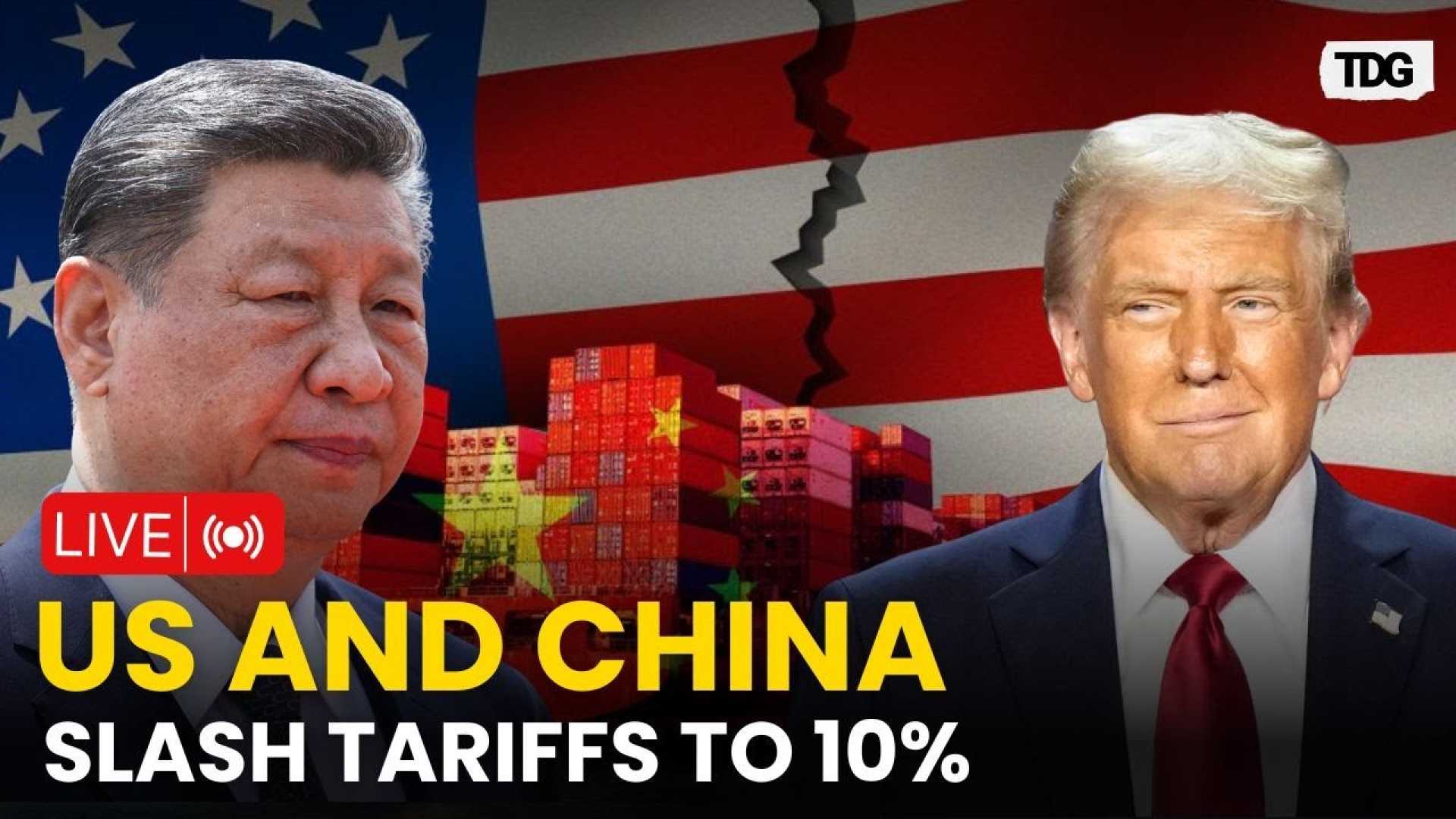Business
U.S.-China Tariff Reductions Boost Markets Amid Trade Relief

NEW YORK, NY — The U.S. and China took significant steps to lower trade tensions during the weekend, causing a surge in risk assets such as stocks and crude oil. The announcement came on May 12, 2025, as both nations agreed to dramatic cuts in tariffs effective for the next 90 days.
Under the new arrangement, U.S. tariffs on Chinese imports have been reduced from 145% to 30%, while China has lowered its duties on U.S. goods from 125% to 10%. This breakthrough was welcomed by Wall Street, which experienced a rally in early trading. U.S. Treasury Secretary Scott Bessent mentioned in an interview with CNBC that he anticipates further discussions with Chinese officials in the coming weeks.
Despite this progress, concerns remain about the implications once the 90-day delay concludes. Treasury yields jumped, possibly reflecting worries that these changes may lead to sustained inflation. Kevin Gordon, a senior investment strategist at Schwab, expressed that the market continues to experience wide fluctuations. “We’re very much in a pendulum market,” he said.
Technology stocks saw a notable uptick, leading a 3% overnight surge in the U.S. markets. The sentiment was particularly bullish for chip stocks, as investors are betting on an improved business environment following the tariff reductions. Kathy Jones, chief fixed income strategist at Schwab, indicated that from a fiscal perspective, tariffs starting at 30% are comparatively favorable to those at 145%.
In the upcoming week, key tech firms Cisco and Applied Materials are scheduled to report earnings, which investors will watch closely for indicators of business health amid changing tariff landscapes.
Meanwhile, there are rising consumer inflation expectations, stirred by the uncertainty surrounding tariffs. The April Consumer Price Index is set to be released soon, with forecasts predicting a 0.3% uptick in inflation rates. With the effect of these tariffs on consumer prices still unclear, Walmart‘s earnings report will also shed light on how these changes influence market dynamics.
Federal Reserve Chair Jerome Powell is anticipated to speak later this week, further discussing economic outlooks and potential interest rate adjustments. Currently, the market predicts a low chance of immediate rate cuts, though that could change as economic conditions evolve.
The ripple effect of improved U.S.-China trade relations is visible in various sectors. Companies significantly exposed to China, including Apple and Tesla, saw their stock prices climb sharply following the tariff announcements. Apple shares gained 6%, buoyed by a reduction in pricing pressures on products made in China.
This positive momentum in the markets reflects widespread relief among investors, but challenges remain as trade negotiations continue.












